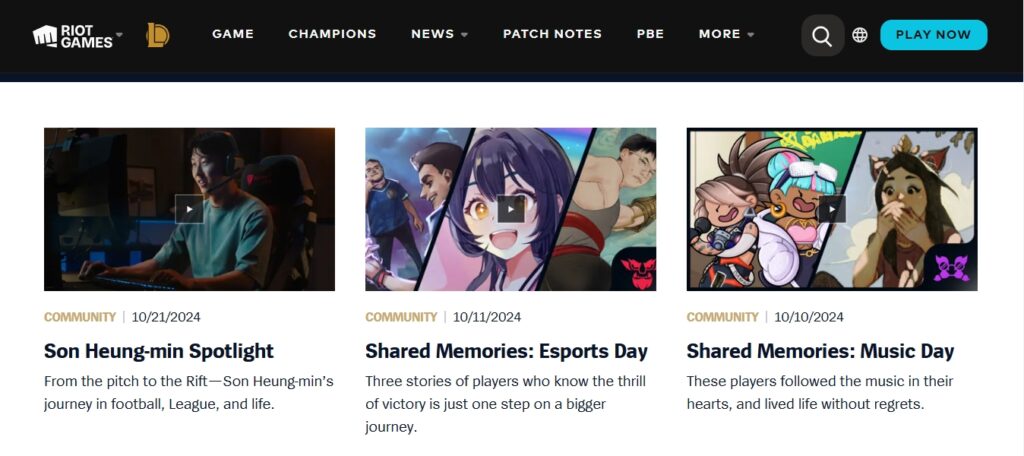The mobile gaming industry has witnessed exponential growth over the past decade, with revenues projected to reach $173.7 billion by 2021, according to Newzoo’s Global Games Market Report. This rapid expansion has led to an influx of game app companies vying for market dominance. However, only a select few have managed to establish themselves as leaders in this competitive landscape. This article delves into the key factors that contribute to the market dominance of game app companies, supported by real-world examples, complex data, and research findings.

Understanding Market Dynamics
To comprehend the factors that lead to market dominance, it is essential to understand the dynamics of the mobile gaming market. The industry is characterized by a few dominant players, such as Tencent, Activision Blizzard, and Electronic Arts, which collectively account for a significant share of the market. According to Statista, as of 2021, Tencent alone generated approximately $24 billion in revenue from its gaming segment, highlighting the financial prowess of leading companies.
1. Innovative Game Design and User Experience
One of the primary factors that contribute to a game app company’s success is its ability to innovate in game design and user experience. Companies that prioritize user engagement through immersive gameplay, captivating graphics, and intuitive interfaces tend to attract and retain a larger user base. For instance, Epic Games’ “Fortnite” revolutionized the battle royale genre with its unique building mechanics and vibrant art style, leading to over 350 million registered players by 2020.
Research conducted by the International Game Developers Association (IGDA) indicates that 70% of players abandon games due to poor user experience. Therefore, investing in user-centric design is crucial for game app companies aiming for market dominance.
2. Strategic Monetization Models
Monetization strategies play a pivotal role in determining a game app company’s profitability and sustainability. The most successful companies employ a mix of monetization models, including in-app purchases, subscriptions, and ad-based revenue. For example, Supercell’s “Clash of Clans” utilizes a freemium model, allowing players to download the game for free while offering in-game purchases for enhanced gameplay. This strategy has proven effective, with the game generating over $6 billion in revenue since its launch in 2012.
According to a report by App Annie, in-app purchases accounted for 79% of mobile game revenue in 2020, underscoring the importance of adopting diverse monetization strategies to maximize revenue potential.
3. Effective Marketing and User Acquisition
Marketing strategies are critical for game app companies seeking to establish a strong market presence. Companies that leverage data-driven marketing techniques, such as targeted advertising and influencer partnerships, can significantly enhance their user acquisition efforts. For instance, Niantic’s “Pokémon GO” utilized a combination of location-based marketing and partnerships with local businesses to drive downloads and engagement, resulting in over $1 billion in revenue in its first year alone.
Furthermore, a study by eMarketer found that mobile game advertisers spent approximately $2.5 billion on user acquisition in 2020, highlighting the competitive nature of the market and the necessity for effective marketing strategies.
4. Community Engagement and Retention Strategies
Building a loyal community around a game is essential for long-term success. Companies that actively engage with their player base through social media, forums, and in-game events tend to foster a sense of belonging among players. For example, Riot Games’ “League of Legends” has cultivated a robust community through regular updates, esports events, and player feedback initiatives, resulting in a player retention rate of over 70%.

League of Legends’ success is rooted in community involvement.
According to a report by GameAnalytics, games with strong community engagement see a 30% increase in player retention compared to those without. This statistic emphasizes the importance of community-building efforts in achieving market dominance.
5. Leveraging Technology and Data Analytics
In today’s data-driven world, leveraging technology and analytics is crucial for game app companies. Companies that utilize data analytics to understand player behavior, preferences, and trends can make informed decisions regarding game development and marketing strategies. For instance, Zynga employs advanced analytics to track player engagement and optimize in-game features, resulting in a 20% increase in user retention for its flagship game, “Words With Friends.”
A report by McKinsey & Company indicates that companies that effectively leverage data analytics can achieve a 5-6% increase in profitability. This statistic underscores the importance of data-driven decision-making in the gaming industry.
Case Studies of Market Dominance
Tencent: A Global Powerhouse
Tencent has emerged as a dominant player in the gaming industry, with investments in various successful game developers and publishers. The company’s strategic acquisitions, such as its stake in Riot Games and full ownership of Supercell, have allowed it to diversify its portfolio and expand its market reach. In 2020, Tencent’s gaming revenue accounted for 32% of its total revenue, showcasing the significance of gaming in its overall business strategy.
Epic Games: Innovating Through Technology
Epic Games has disrupted the gaming industry with its Unreal Engine technology and the success of “Fortnite.” The company’s commitment to innovation and community engagement has positioned it as a leader in the market. In 2020, Epic Games reported a revenue of $5.1 billion, primarily driven by “Fortnite” and its licensing of Unreal Engine to other developers.
Conclusion
In conclusion, the mobile gaming industry is highly competitive, with several key factors contributing to the market dominance of game app companies. Innovative game design, strategic monetization models, effective marketing, community engagement, and leveraging technology and data analytics are essential components for success. Companies like Tencent and Epic Games exemplify how these factors can be effectively implemented to achieve market leadership. As the industry continues to evolve, staying ahead of these trends will be crucial for aspiring game app companies.
Key Takeaways
1. Prioritize user experience and innovative game design to attract and retain players.
2. Employ diverse monetization strategies to maximize revenue potential.
3. Utilize data-driven marketing techniques for effective user acquisition.
4. Foster community engagement to enhance player retention.
5. Leverage technology and data analytics for informed decision-making.
FAQ
What are the primary revenue models for mobile games?
The primary revenue models for mobile games include in-app purchases, subscriptions, ad-based revenue, and premium game sales. Many successful games utilize a combination of these models to maximize revenue.
How important is community engagement for game app companies?
Community engagement is crucial for game app companies as it fosters player loyalty and retention. Engaged players are more likely to continue playing and spending money on in-game purchases.
What role does data analytics play in game development?
Data analytics plays a significant role in game development by providing insights into player behavior, preferences, and trends. This information helps companies make informed decisions regarding game design, marketing strategies, and user engagement initiatives.
How can game app companies improve user retention?
Game app companies can improve user retention by focusing on user experience, regularly updating content, engaging with the community, and implementing loyalty programs or rewards for long-term players.

